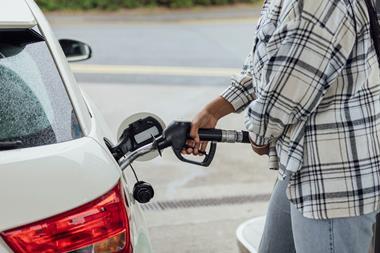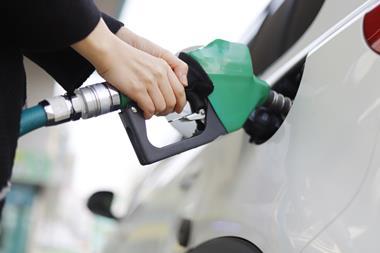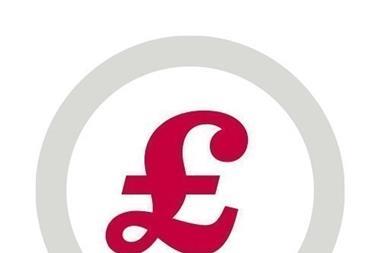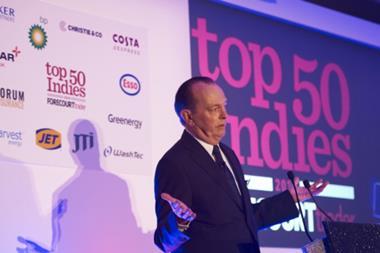
After three months of falling pump prices during of the coronavirus pandemic, the average cost of fuel rose in June with a litre of unleaded increasing by nearly 4p from 107.11p to 110.85p (3.74p), according to RAC Fuel Watch data.
Diesel rose by just under 3ppl from 112.07ppl to 114.96ppl as the price of a barrel of oil strengthened by more than $6 from $35.48 to $41.87. The forecourt rises mean a 55-litre tank of petrol has gone up by £2 to £60.97 (from £58.91 at the start of June) and the diesel equivalent by £1.59 to £63.23 (£61.64 at the start of June).
The global coronavirus travel restrictions led to oil crashing to $13.21 a barrel in late April which in turn caused the price of a litre of petrol to come down to an average low of 106.48pol and diesel to 111.8ppl on May 19. This was brought about by Asda, Tesco, Sainsbury’s and Morrisons all selling petrol for an average of £1 a litre from mid-May to the end of the month. Diesel’s average low at the supermarkets was 105.5p over the same period.
And in June it is the big four supermarkets that appear to have driven the price rises, with the most marked increases being seen at Morrisons, states RAC Fuel Watch. It went from having the cheapest petrol and diesel at the start of June to the most expensive of the major supermarkets, putting up both fuels by 7p a litre with unleaded going from 99.7ppl to 106.7ppl and diesel from 104.7ppl to 111.49ppl. Asda also increased its petrol price steeply by adding 6.5ppl, pushing up a litre from 99.91ppl to 106.42ppl. This meant by the end of June Sainsbury’s had both the cheapest supermarket petrol and diesel at 104.42ppl and 109.01ppl respectively.
RAC fuel spokesman Simon Williams said: “The pump price rises witnessed in June will have been a nasty shock to the system for drivers. While those who continued to drive regularly throughout the pandemic will have benefitted from some very low prices, millions won’t have so will be disappointed that just as they start to drive more again prices are on the up. It is, of course, the lack of demand for fuel which caused prices to drop in the first place so sadly it’s no great surprise that they’re on the rise again now.
“But drivers should take quite a lot of comfort from the fact that both petrol and diesel are a whopping 17ppl cheaper than they were at the end of January. That means a tank of fuel is on average £9 less than it was then.
“And with RAC data predicting this weekend could be the busiest of the year so far on the roads that’s at least a little bit of better news, particularly as the direction of travel for fuel prices is upwards. Oil producer group OPEC and its allies are continuing to restrict output which has successfully driven up the barrel price and that can only mean one thing for drivers in the coming weeks – higher prices. This is confirmed by RAC Fuel Watch data which shows that petrol is likely to go up by 2ppl in the next fortnight. Diesel, however, shouldn’t rise much at all unless retailers use the saving in its slightly lower wholesale price to subsidise petrol.”

































No comments yet